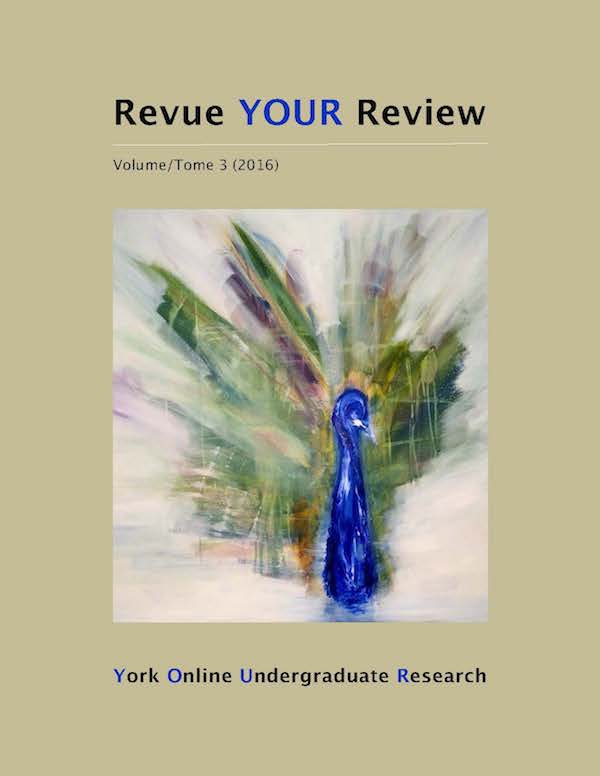Mild Traumatic Brain Injury, Dementia, and Exercise: Increasing White Matter Integrity in the Brain
Mots-clés :
mild traumatic brain injury, post-concussion syndrome, dementia, white matterRésumé
Numerous studies have been carried out on mild traumatic brain injury (mTBI) and its treatment plans. This review covers the history of mTBI, differential diagnosis of the injury, and post-concussion syndrome (PCS). Furthermore, it explores the relationship between mTBI and aging, dementia, and Alzheimer’s disease and how exercise relates to changes in white matter in the human brain. From the reviewed literature, it is possible to see the relationship between mTBI injury and white matter: mTBI may lead to structural changes in white matter fibre tract integrity. Exercise can be used to respond to cases of mTBI as it encourages the formation of new connections between neurons along with an increase in the production of new neurons. Aerobic exercise can lead to the replacement of damaged white matter as well as increased cognitive performance. This review demonstrates the possibility of using exercise to treat cases of PCS through white matter repair.Téléchargements
Comment citer
Numéro
Rubrique
Licence
Les auteurs qui contribuent à la Revue YOUR Review acceptent de publier leurs articles selon une des trois catégories de la licence 4.0 : Creative Commons Attribution 4.0 International; Creative Commons Attribution-Pas d'Utilisation Commerciale 4.0 International; ou Creative Commons Attribution-Pas de Modification 4.0 International. Tout contenu éditorial de ce site ainsi que les affiches et les résumés sont sous la licence Creative Commons Attribution-Pas de Modification 4.0 International. Pour plus d’informations, veuillez voir :
https://creativecommons.org/licenses/
Dans tous les cas, les auteurs conservent leurs droits d’auteurs et concèdent à la Revue YOUR Review le droit de première publication. Les auteurs peuvent, par la suite, conclure d’autres accords de distribution non exclusifs de la version publiée dans ce périodique (par exemple, l’afficher à un dépôt institutionnel ou le publier dans un livre ou dans un autre périodique) à condition que la reconnaissance fasse mention de la publication originale dans la Revue YOUR Review.


